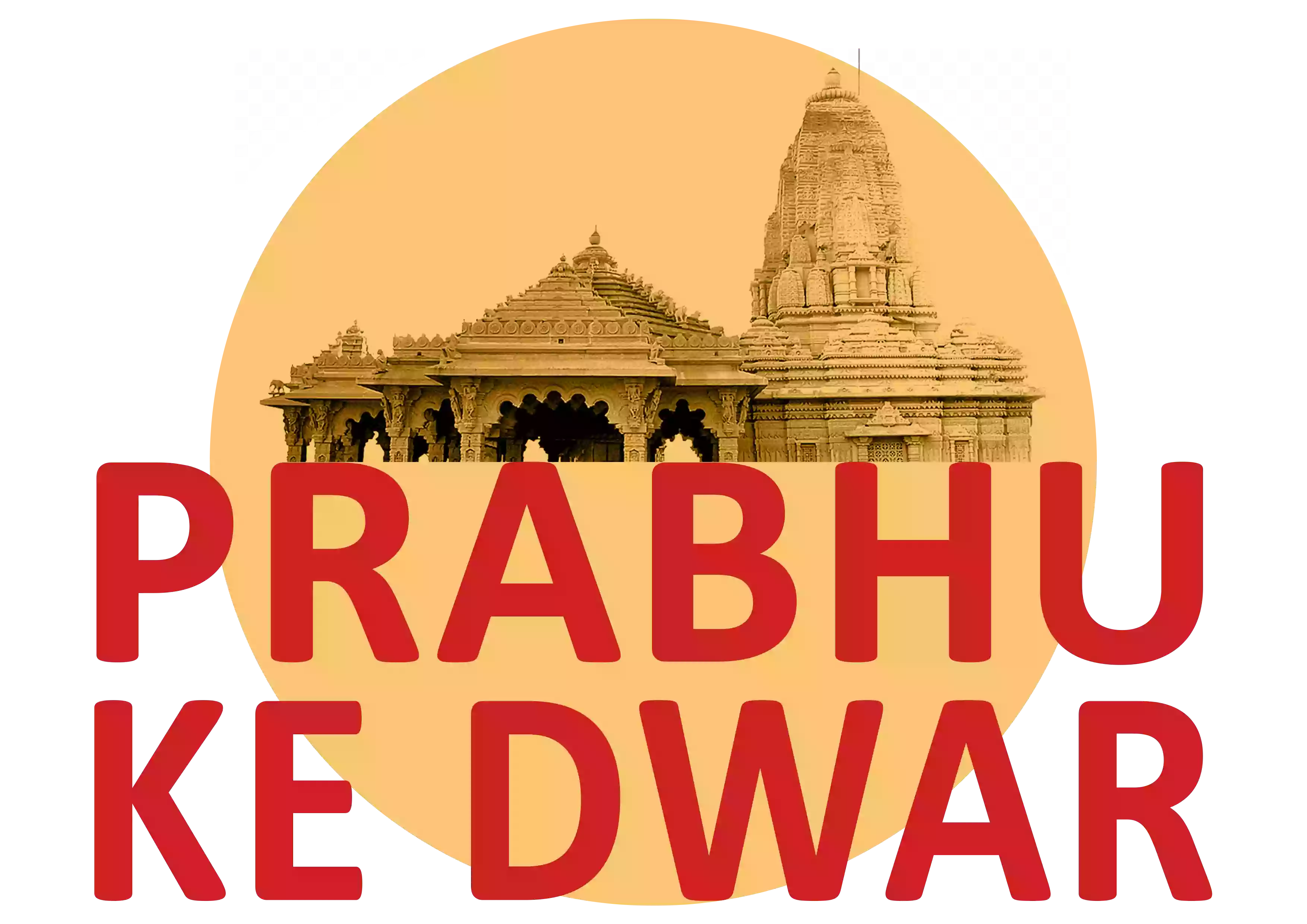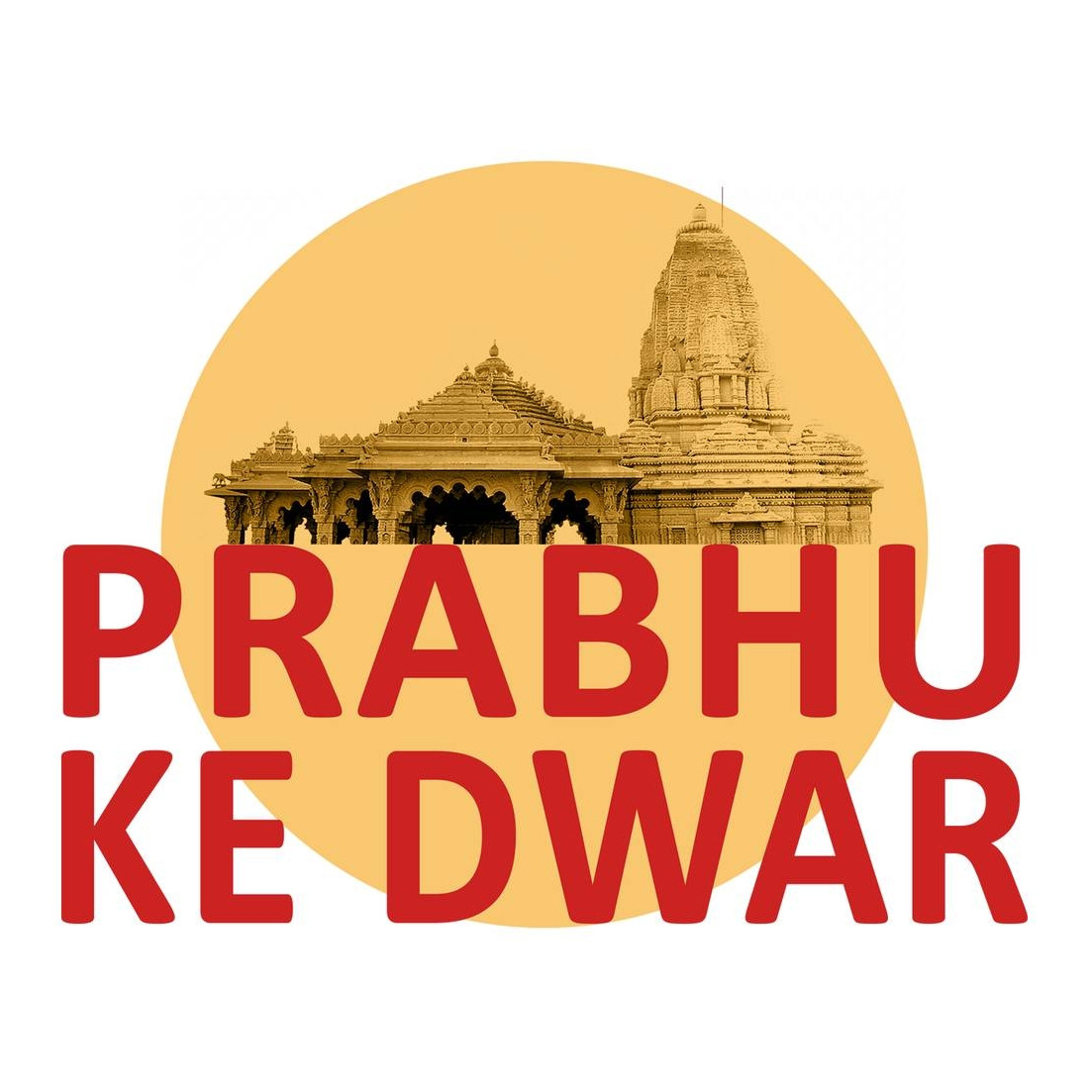| Day 1 | Dhanteras | October 29th, 2024 (Tuesday) |
| Day 2 | Narak Chaturdashi (Chhoti Diwali) | October 31st, 2024 (Thursday) |
| Day 3 | Diwali (Laxmi Pujan) | November 1st, 2024 (Friday) |
| Day 4 | Govardhan Puja | November 2nd, 2024 (Saturday) |
| Day 5 | Bhai Dooj | November 3rd, 2024 (Sunday) |
Table of contents [Show]
What is Bhai Dooj?
Bhai Dooj is a vibrant festival celebrated in India, primarily to honor the bond between brothers and sisters. Held two days after Diwali, it marks the end of the festive season with heartfelt celebrations. Sisters perform a ceremonial aarti (a religious ritual of worship) for their brothers, applying a protective red tika (mark) on their foreheads, and in return, brothers give gifts and promise to protect their sisters.
Significance of Bhai Dooj
The festival underscores the importance of familial bonds, specifically between siblings. It is a day to express gratitude, love, and commitment to one's sibling. Bhai Dooj also symbolizes the idea of protection and care, as brothers vow to shield their sisters from all adversities.
When is Bhai Dooj 2024?
Date and Timing
Bhai Dooj falls on the second day of the Shukla Paksha (waxing phase of the moon) in the month of Kartika, which usually coincides with late October or early November. In 2024, Bhai Dooj will be celebrated on November 3rd. The timing for performing the rituals is typically during the auspicious time known as the 'Dooj Tithi,' which varies each year.
How to Calculate the Date
The date of Bhai Dooj is calculated based on the lunar calendar, and it can differ slightly from year to year. To find the exact date, one can refer to a Panchang (Hindu calendar) or use online tools designed to predict festival dates according to lunar phases.
Bhai Dooj Traditions
Rituals and Customs
The primary ritual of Bhai Dooj involves the sister applying a red tika on her brother's forehead and performing an aarti with a lamp. Brothers then offer gifts to their sisters and vow to protect them. The day is often marked by a feast and spending quality time together.
Bhai Dooj Katha (Story)
The Bhai Dooj Katha is a traditional story associated with the festival. One popular legend involves the demon king Bali and his sister, who invited Lord Krishna to her home on this day. To show his gratitude, Krishna blessed her with the promise of his protection. This story exemplifies the festival's theme of love and protection.
Festive Activities
Families come together to celebrate Bhai Dooj with various activities. From exchanging heartfelt gifts to preparing special sweets and dishes, the day is filled with joy and togetherness. Traditional games and music are also part of the celebrations in some regions.
Traditional Foods
Food plays a crucial role in Bhai Dooj celebrations. Special dishes like sweets (mithai), snacks, and festive meals are prepared, reflecting the rich culinary traditions of the region. These delicacies are shared among family members and friends to enhance the festive spirit.
Bhai Dooj Wishes and Quotes
Happy Bhai Dooj Wishes
Sending heartfelt wishes is a significant part of Bhai Dooj. Here are some examples:
- "Happy Bhai Dooj to my dear brother! May our bond always be filled with love and joy."
- "Wishing you a joyous Bhai Dooj! Thank you for always being my protector and guide."
Quotes and messages can add a personal touch to your wishes:
- "Brothers and sisters are like hands and feet; one cannot live without the other."
- "On this Bhai Dooj, I wish for your happiness and success in all your endeavors."
Gifts for Bhai Dooj
Best Gifts for Brothers
Choosing the perfect gift for Bhai Dooj can be thoughtful and exciting. Consider gifts like personalized accessories, gadgets, or clothing that cater to your brother's interests and preferences.
Bhai Dooj Gifts Online in India
For convenience, many online platforms offer a variety of Bhai Dooj gifts. Websites like Amazon India, Flipkart, and Myntra have dedicated sections for Bhai Dooj gifts, making it easy to find something special for your brother.
Bhai Dooj vs. Raksha Bandhan
Differences and Similarities
While both Bhai Dooj and Raksha Bandhan celebrate the brother-sister relationship, they have distinct traditions. Raksha Bandhan involves the sister tying a rakhi (sacred thread) on her brother's wrist, while Bhai Dooj focuses more on ritualistic worship and protective promises.
Cultural Importance
Both festivals hold significant cultural value in India, emphasizing the strong familial bonds and mutual respect between siblings. Raksha Bandhan usually falls in August, while Bhai Dooj is celebrated shortly after Diwali.
How to Send Bhai Dooj Wishes
Wishes in English
If you are away from your siblings, you can send your wishes in English:
- "Wishing you a Happy Bhai Dooj, filled with love and laughter. Miss you!"
- "Though miles apart, you are always in my thoughts. Happy Bhai Dooj!"
Adding a personal touch can make your message more special:
- "To my wonderful brother, Happy Bhai Dooj! Your support means the world to me, and I cherish our bond."
Bhai Dooj Around the World
Regional Variations
Bhai Dooj is celebrated with regional variations across India. In some states, it is known as Bhau Beej or Bhau-Beej, and the customs may differ slightly.
How It's Celebrated Internationally
In countries with a significant Indian diaspora, Bhai Dooj is celebrated similarly to India, with traditional rituals and modern adaptations. In places like the UK, the US, and Canada, the festival is observed with cultural events and community gatherings.
Conclusion
Bhai Dooj is more than just a festival; it is a celebration of the unbreakable bond between siblings. From its rich traditions and customs to the heartfelt wishes and gifts, Bhai Dooj brings families closer and strengthens relationships. As you celebrate this festival, remember to cherish the moments with your loved ones and make the day memorable with thoughtful gestures and joyous celebrations.
FAQs
What is the main significance of Bhai Dooj?
Bhai Dooj celebrates the bond between brothers and sisters, highlighting love, protection, and familial ties. It is a day for siblings to express their affection and commitment to one another.
How can I calculate the date for Bhai Dooj?
Bhai Dooj is calculated based on the lunar calendar. The date varies each year, so it's best to refer to a Panchang or an online festival date calculator.
What are some unique gifts for Bhai Dooj?
Unique gifts can include personalized items like custom jewelry, tech gadgets, or handmade crafts. Think about what your brother would appreciate and enjoy.
How do I send Bhai Dooj wishes to someone far away?
You can send Bhai Dooj wishes through digital means such as emails, text messages, or social media. Adding a personal touch with a heartfelt message or e-card can make it special.
What are the main differences between Bhai Dooj and Raksha Bandhan?
Bhai Dooj is celebrated two days after Diwali with rituals involving a protective tika and gifts, while Raksha Bandhan focuses on tying a rakhi and includes a broader range of customs. Both festivals emphasize the bond between siblings but differ in their specific traditions.



